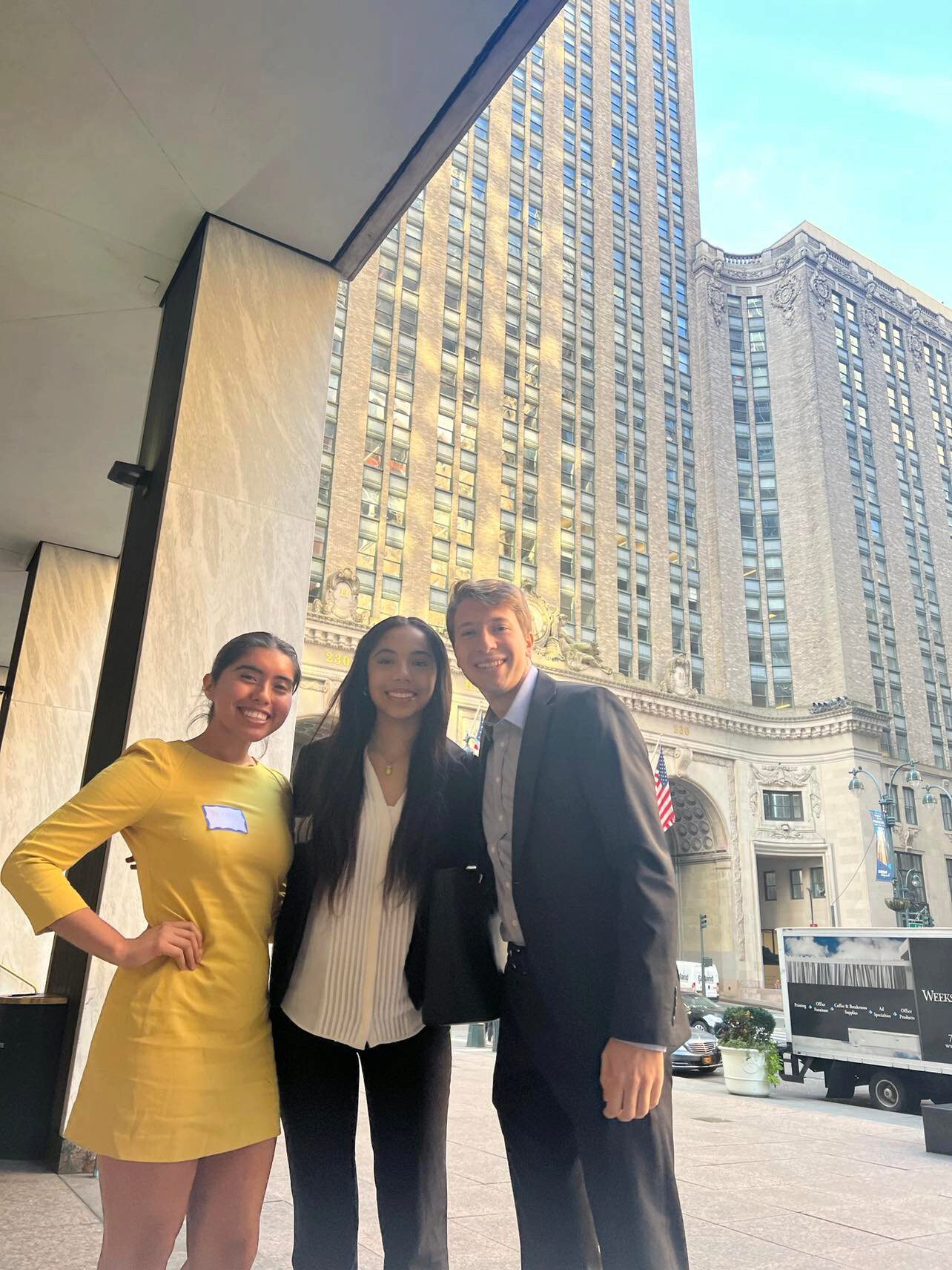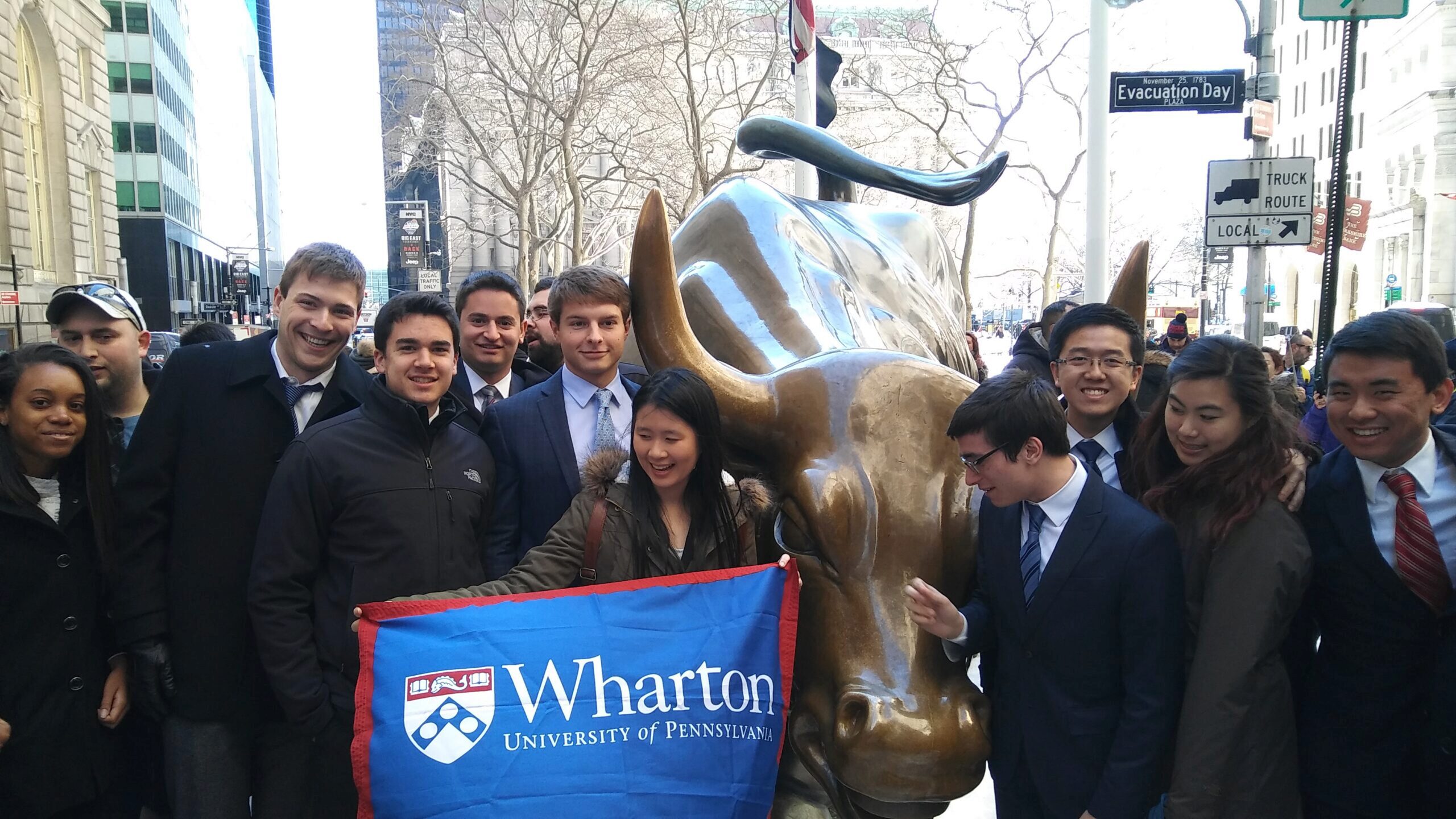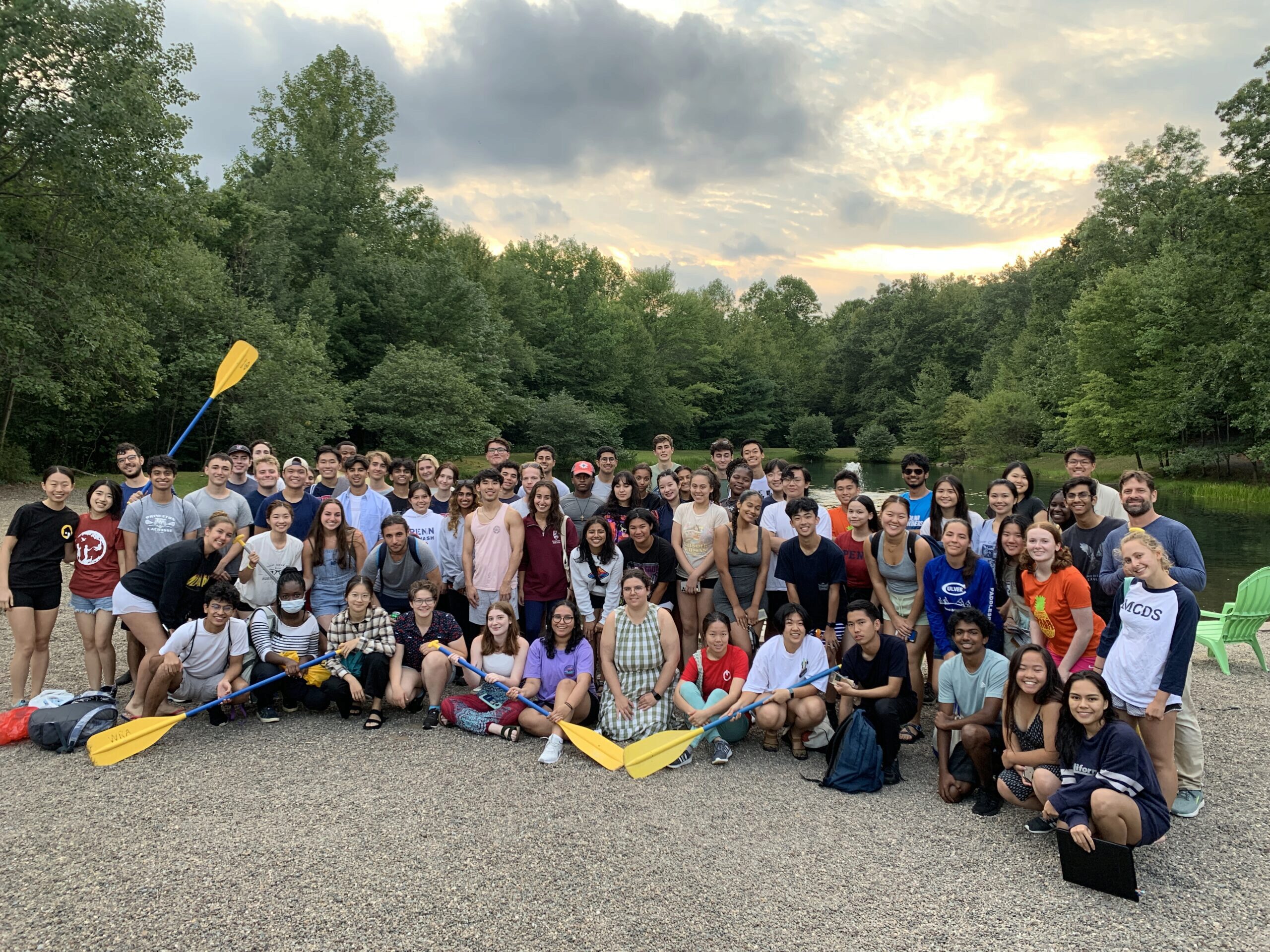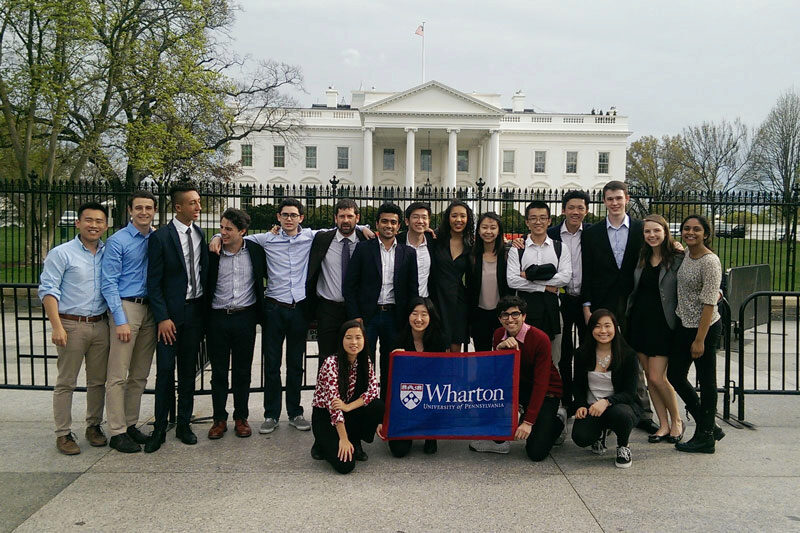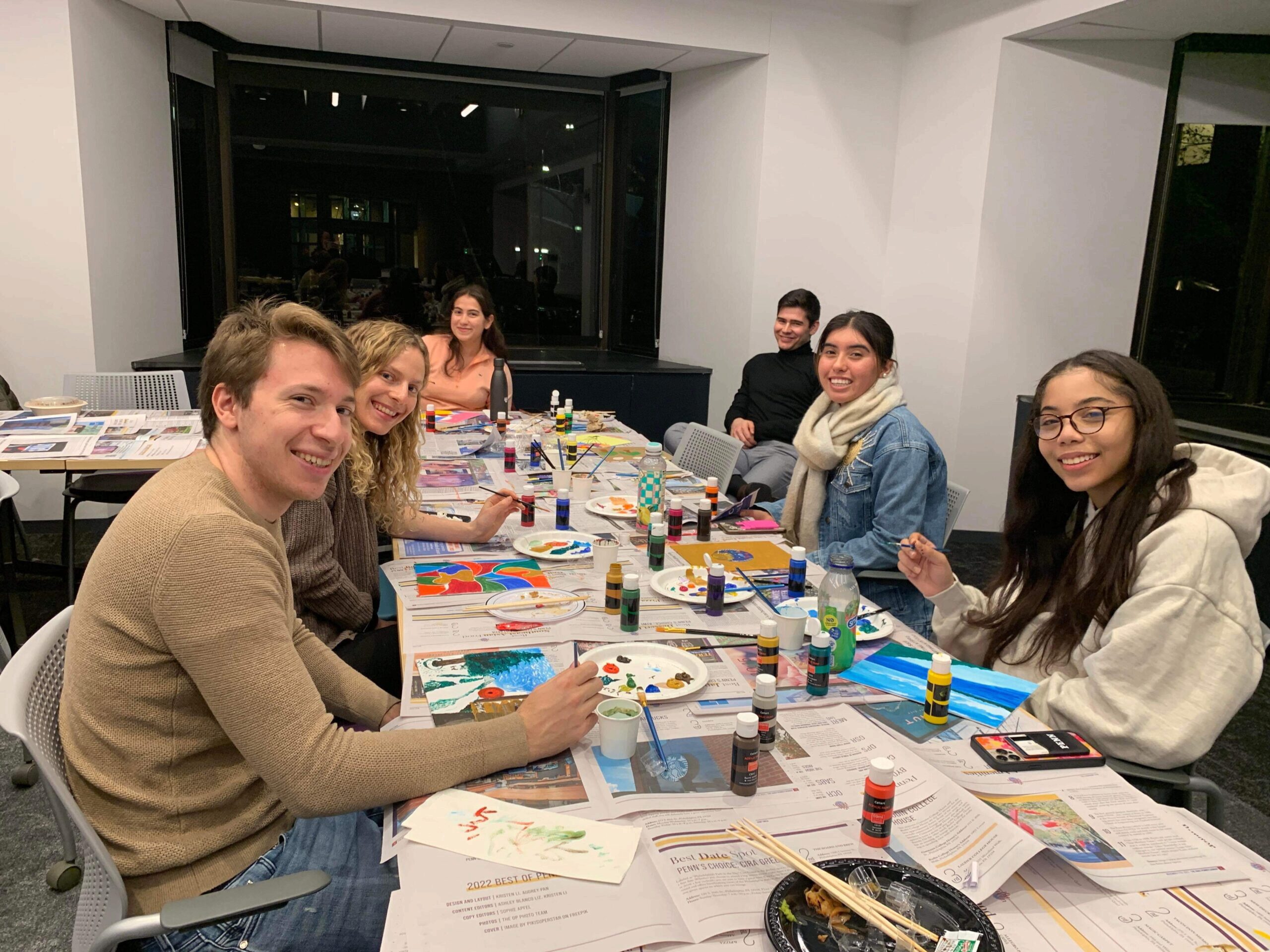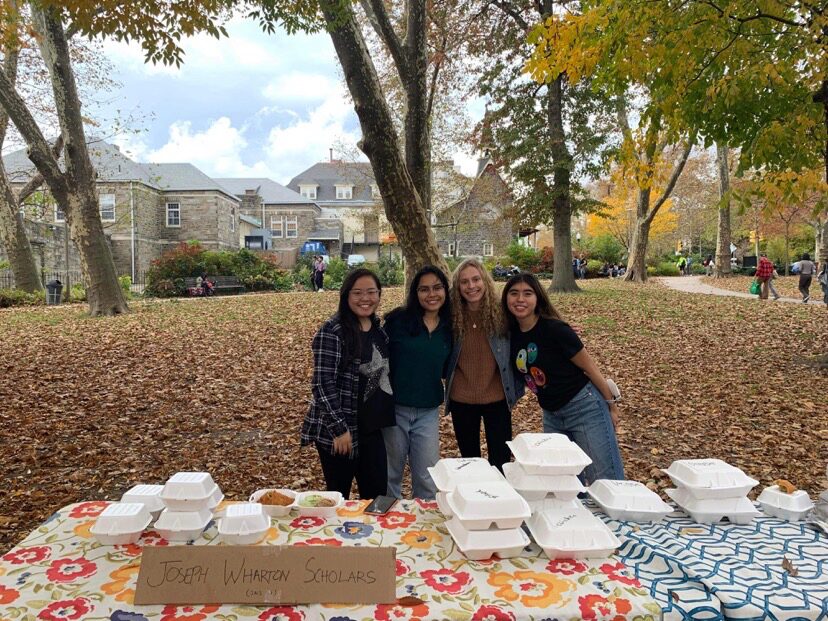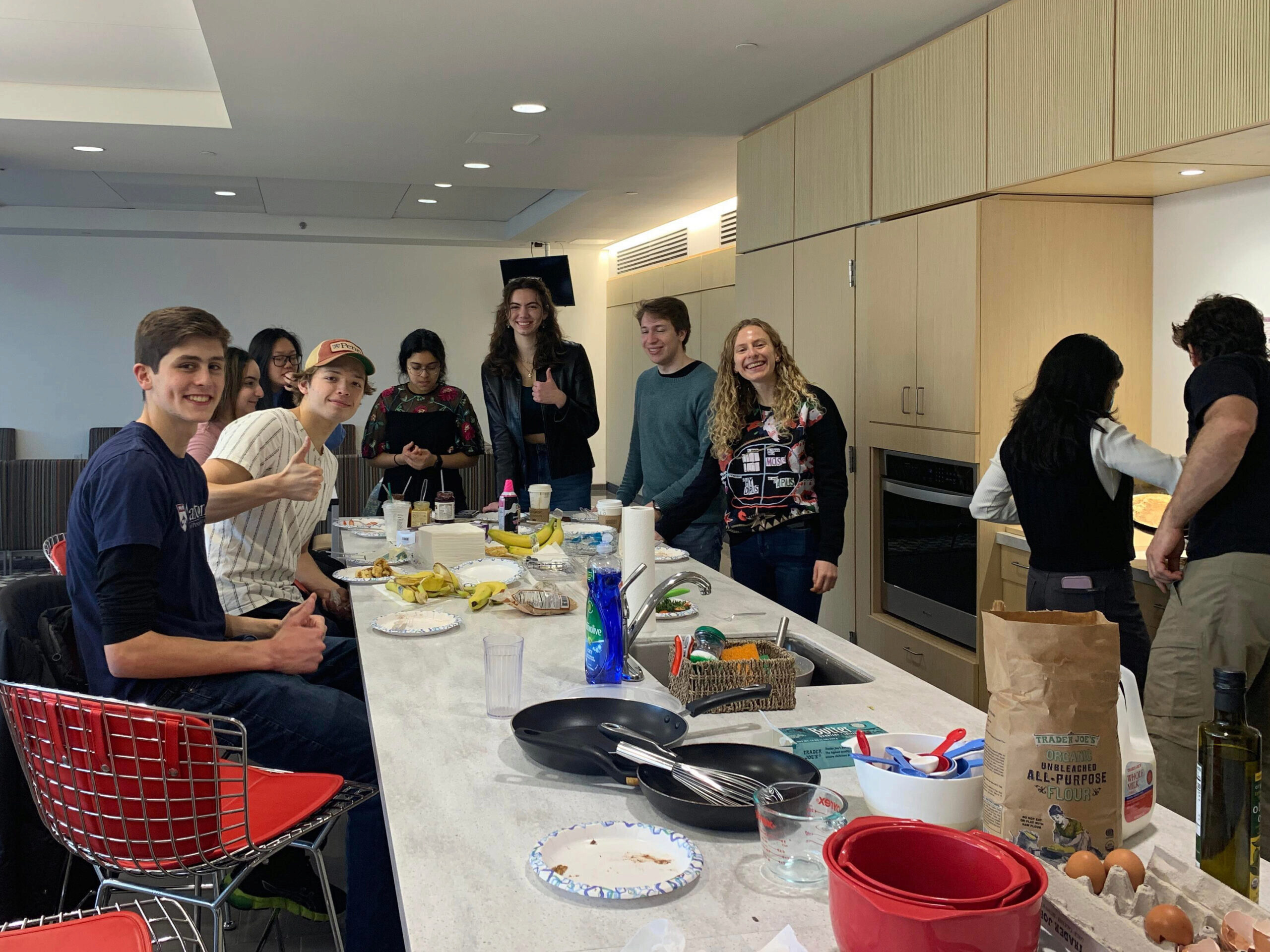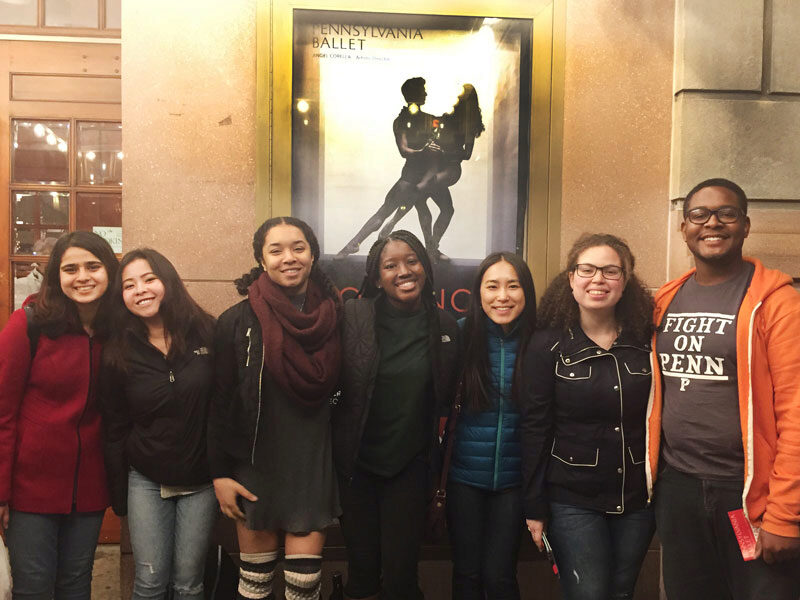Founded in 1988, the Joseph Wharton Scholars program is designed to emphasize the importance of scholarly research and the liberal arts and sciences within the framework of a business education. Students in the program are required to take scholars courses both in Wharton and outside of Wharton (in the College of Arts & Sciences, Nursing, and/or Engineering), engage in a significant research project, and participate in a variety of academic, career-oriented, and social activities.
The JWS program is the Wharton component of the Penn-wide Benjamin Franklin Scholars (BFS) program, through which students gain access to BFS Seminars.
Program Requirements
In addition to completing the course requirements below, students must submit a Ben Talk and graduate with a minimum cumulative GPA of 3.40.
Course Requirements
Students must complete at least seven course units (CUs):
- WH 1508: Evaluating Evidence (1 CU)
- At least two (2) CUs from the following JWS-approved courses:
- ACCT 2110: Tax Policy and Practice in the Philadelphia Community
- ACCT 2700: Forensic Analytics
- ACCT/FNCE 2970: Taxes and Business Strategy
- BEPP 2508: Managerial Economics (honors section) or ECON 2100: Intermediate Microeconomics
- BEPP 2650: Economics of Diversity
- BEPP 2800: Applied Data Analysis
- FNCE 1008: Corporate Finance (by application, requires MATH 114)
- FNCE 1018: Monetary Economics (by application, requires MATH 114)
- FNCE 2400: Central Banks, Markets
- FNCE 3510: Finance and Society
- HCMG 3220: The Health Care Ecosystem: Evolution, Structure, and Current Issues
- HCMG 3570: Health Care Data and Analytics
- LGST 1008: Corporate Responsibility and Ethics
- LGST 1018: Introduction to Law and Legal Process
- LGST 2150: Environmental Management Law and Policy
- LGST 2180: Diversity and the Law
- LGST 2260: Markets, Morality, and Capitalism
- MGMT 2080: Managing Globalization & Anti-Globalization
- MGMT 2240: Leading Diversity in Organizations (0.5 CUs)
- MGMT 2650: Culture of Technology
- MGMT 2720: Power and Politics in Organizations (0.5 CUs)
- MKTG 1018: Introduction to Marketing
- MKTG/STAT 4760: Applied Probability Models in Marketing
- OIDD/MGMT 2930: People Analytics
- OIDD 3190: Advanced Decision Systems: Agents, Games and Evolution
- OIDD 3250: Thinking with Models
- OIDD/MEAM 4150: Product Design
- OIDD/PSYC 4900: Science of Behavior Change
- STAT 4300: Probability (or ESE 3010), requires MATH 114
- STAT 4310: Mathematical Statistics (or ESE 4020), requires MATH 114
- STAT 4320: Mathematical Statistics
- STAT 4330: Stochastic Processes
- STAT 4420: Introduction to Bayesian Data Analysis
- STAT 4710: Modern Data Mining
- STAT 4750: Sample Survey Design
- STAT 4900: Causal Inference
- At least three (3) CUs of Benjamin Franklin Scholars seminars outside of Wharton ¹
- WH 3990 & WH 3991: Honors Thesis (1 CU total) ²
¹ Dual-degree students who entered JWS prior to fall 2025 can substitute one CU of JWS-approved Wharton courses for one CU of the BFS seminars outside of Wharton.
² Dual-degree students may elect to do a formal thesis or approved equivalent outside of Wharton instead of WH 3990 & WH 3991. Students who elect this option must take one additional CU from the JWS-approved course list to fulfill their 7 CU requirement.
JWS Thesis Course (WH 3990/3991)
The WH 3990/3991 seminar takes place over two semesters. Students can take the course in a fall/spring section or a spring/fall section. To enroll in WH 3990/3991, all JWS students are required to submit a thesis proposal and a formal faculty advisor agreement the semester before the start of the course.
Applications for fall 2026/spring 2027 are due initially on March 19, 2026. After that date, applications will be accepted on a rolling basis until the class is full or until May 12, 2026
Read the Knowledge@Wharton article, The Marketing Psychology Behind Celebrity Endorsements, about a recent paper co-authored by JWS alumnus Noah Werksman (W’20) and based off of his thesis work.
Additional JWS Activities
Joseph Wharton Scholars have access to a variety of social and professional development opportunities:
- Student-alumni dinners in NYC (fall) and DC (spring)
- Alumni presentations and chats on campus
- Mentoring (seniors and juniors with sophomores and first-years)
- Social events (e.g., study breaks, bowling, dancing, Phillies games, whitewater rafting)
- Professional development (coaching for internship and job interviews or alternative career paths)
- Business site visits
On-Campus Admissions
Wharton students who were not admitted to JWS during the first-year admission process may apply to the program through on-campus admission at the end of their first year in May. Applications can be found on the CURF website. The application deadline is May 15 at 5:00 pm.



